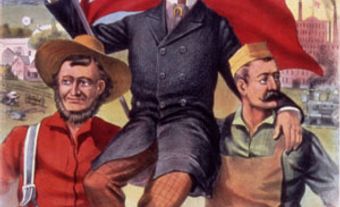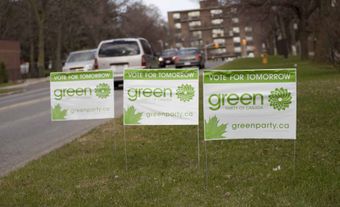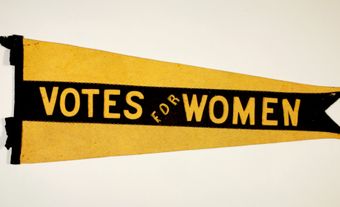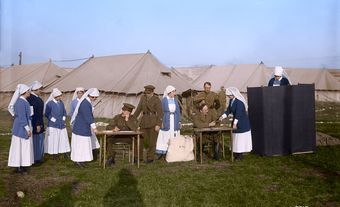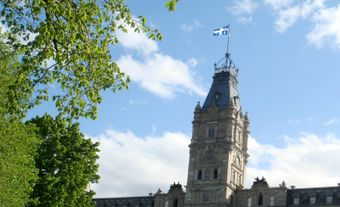An opposition party is a political party that does not win enough seats in a general election to form a government. The elected members of that party instead serve in the legislature as the opposition. An opposition party criticizes and challenges the governing party, with the goal of improving legislation and forming the government in the next election. The opposition party with the most seats is called the Official Opposition or His Majesty’s Loyal Opposition. This title emphasizes that the party remains loyal to the Crown even as they oppose the governing party. The leader of the opposition party with the most seats is called the leader of the Opposition.

Background
In Canadian federal elections, voters choose the candidate they wish to represent their riding. The party with the most elected candidates forms the government. Its leader becomes prime minister. The leader of the party that wins the second greatest number of seats becomes the leader of the Opposition; their party becomes the Official Opposition or His Majesty’s Loyal Opposition. The leader of the Opposition is afforded the same salary as a cabinet minister. They also live in an official residence, Stornoway. The other parties that won even fewer votes are simply referred to as the opposition.
Role and Purpose
The opposition’s parliamentary role is to criticize government actions in the House of Commons, in committees and in the media. They ensure that all elected voices are heard in debates; as well as in the drafting of bills, so that they may be as effective as possible when they become law. (See Act (Statute).) When considering new legislation or in times of emergency, the prime minister often consults with opposition leaders to brief them on important matters, including upcoming government actions. Opposition parties may sometimes co-operate with each other and with the government. But their primary concern always remains their parliamentary and political goals.
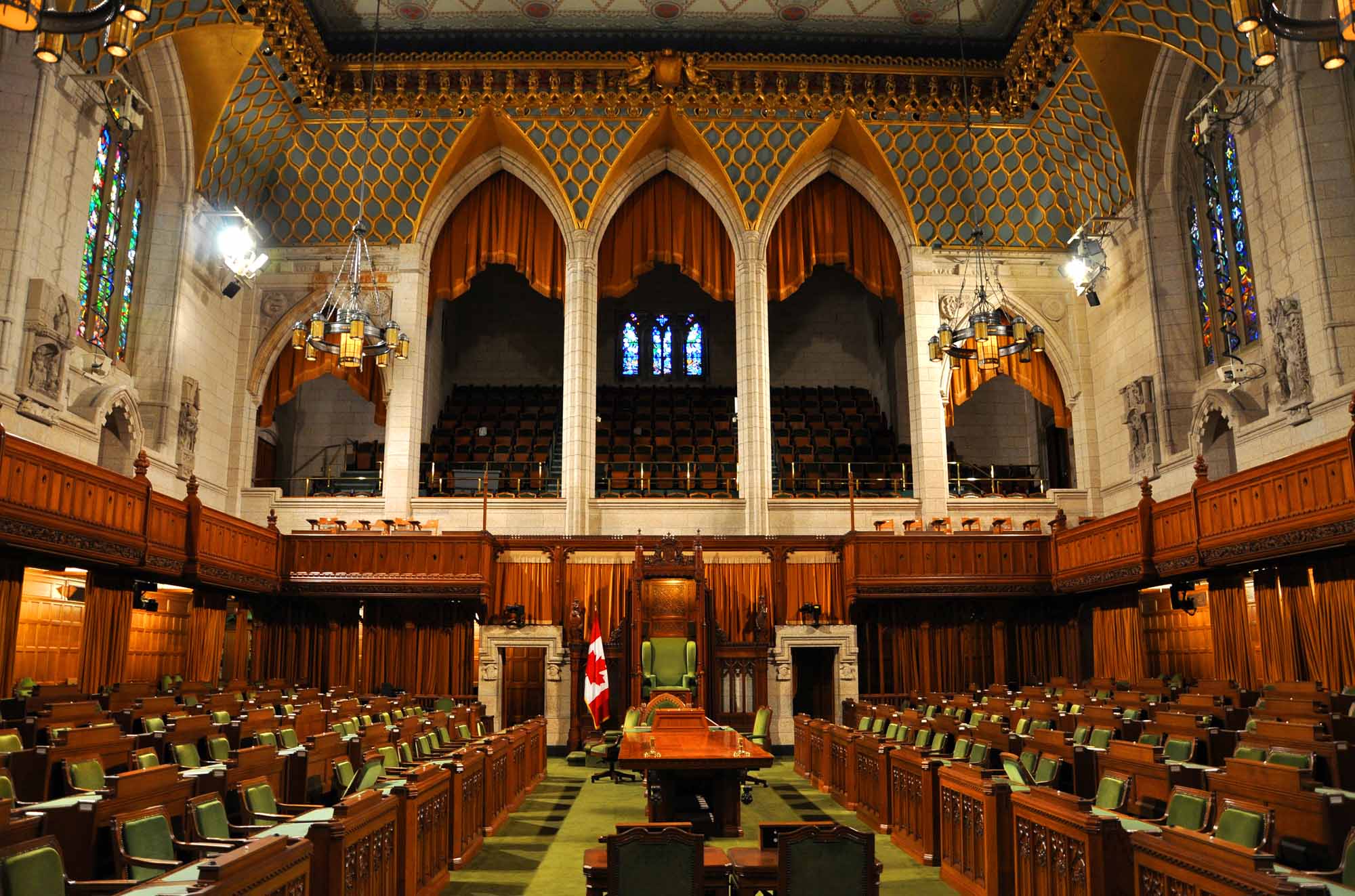
Shadow Cabinet
The leader of the Opposition and other opposition party leaders are allowed to ask the first questions in the daily question period. To focus their criticism and suggestions, each opposition party creates a shadow cabinet comprised of opposition MPs. Each member of a party’s shadow cabinet focuses on at least one (sometimes several) government department. They then present questions, criticism, and suggestions to a department’s Cabinet minister.
Government in Waiting
All opposition parties attempt, through their questions and critiques, to make the government look bad. The goal is to have voters switch their allegiance from the governing party to theirs in the next election. Opposition parties thereby try to present themselves as ready to govern and opposition leaders as worthy of being prime minister.
In the Provinces and Territories
Opposition parties operate in much the same way in all 10 provincial legislatures and that of Yukon. The Northwest Territories and Nunavut, however, both have a consensus style of government without political parties.
See also Canadian Party System; Political Campaigning in Canada; Political Participation in Canada; Right to Vote in Canada.

 Share on Facebook
Share on Facebook Share on X
Share on X Share by Email
Share by Email Share on Google Classroom
Share on Google Classroom
